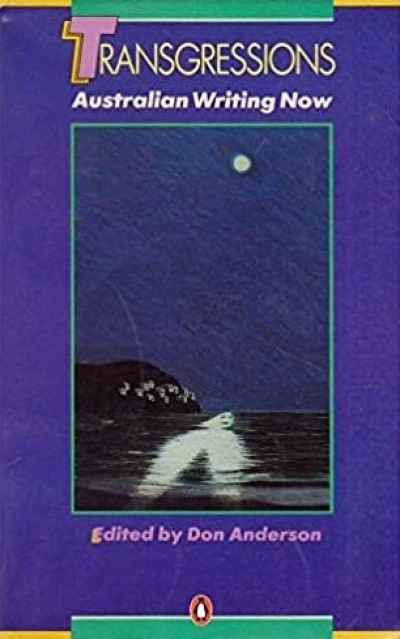Laurie Hergenhan
Oxford traveller
Dear Editor,
In his ‘Diary’ in the March 2007 issue of ABR, Chris Wallace-Crabbe tells us that he’s been reading Ulysses and War and Peace (‘alternately’) as he travels to Oxford. Then, out of the blue, he adds: ‘Meanwhile, Ken Gelder has written the most appalling attack on literature, and especially on the concept of style, in the latest Overland. His anti-aesthetic position is, of course, indistinguishable from that of John Howard and the right-wing philistines. It has been so for a long time: the right and the far-left in materialist cahoots.’ My Overland essay was a criticism of Tory literary tastes and positions in Australia, including the disdain some writers have for readerships. Only a blinkered literary snob could construe this as an ‘attack on literature’. I found Wallace-Crabbe’s insulting remarks utterly perplexing. For example, what does he mean by ‘the concept of style’? Whose concept? I have no idea. What does he mean by ‘anti-aesthetic’? The term used to be used by postmodernists, but he also attributes it to John Howard – a point which seems to fly in the face of reality.
... (read more)Paul Kane reviews ‘The Poetry of Les Murray’ edited by Laurie Hergenhan and Bruce Clunies Ross, ‘Les Murray’ by Steven Matthews, and ‘Poems the Size of Photographs’ by Les Murray
You might expect a book of eighty-eight new poems by Les Murray to be sizeable (most of his recent single volumes run to about sixty poems each). But Poems the Size of Photographs is literally a small book, composed of short poems (‘though some are longer’, says the back cover) ...
... (read more)From Paul Salzman
Dear Editor,
It is a shame that allegations of plagiarism in The Hand That Signed The Paper were trivialised into questions of literary echoes that would certainly not have worried any serious member of that curious entity, the literary community. As someone deeply troubled by the anti-Semitism manifested in the novel, I have been interested to know where the Ukrainian material that ‘Demidenko’ defended as family history may have come from. Perhaps we will never know, but now it seems that the plagiarism issue was really something of a red herring, distracting attention from what was most disturbing about the novel and its attendant prizes. I cannot see that ‘postmodemism’, under any definition, could be blamed for this situation, given that the Miles Franklin judgment is based, I believe, on a bankrupt and outmoded humanism that sees abstract moral truth in literary works without having any sophisticated regard for politics or history.
... (read more)
